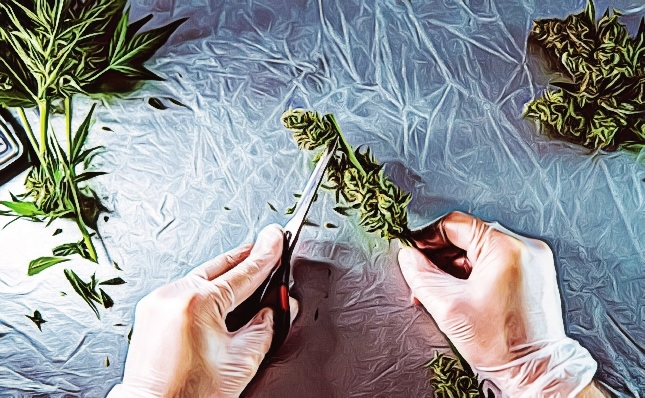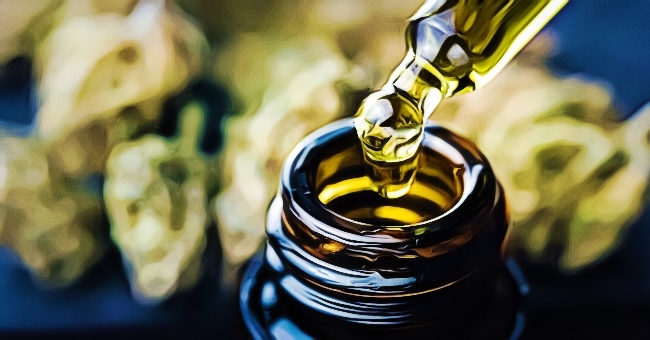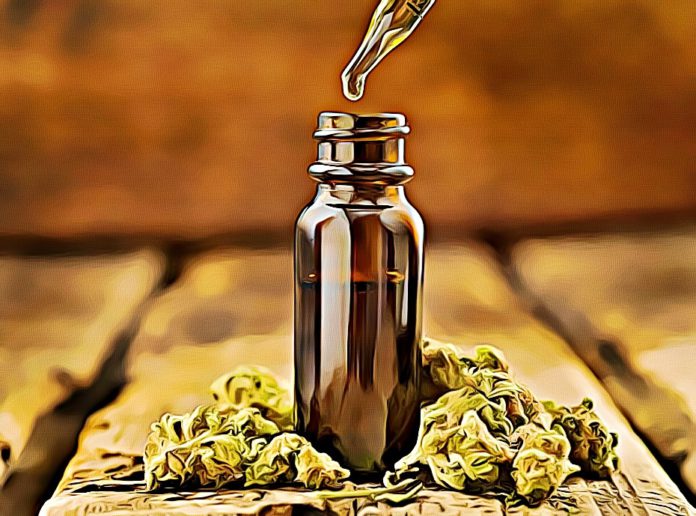The general public’s knowledge of cannabis continues to deepen, especially due to the rise of cannabinoids. Apart from the popular substances THC and CBD, which are known for their medicinal properties, there’s an emerging variant in the market called cannabigerol (CBG) that is capturing the attention of consumers, scientists, and marijuana enthusiasts.
Due to its popularity, addiction specialists and conscious individuals are also taking notice. But it’s important to note the facts to ensure no misinformation is spread about its use. As such, this article will discuss what you need to know about CBG. We will talk about its correlation with CBD and its notable differences.
Take this guide as an opportunity to be informed about the responsible use of these products. This way, you can focus more on boosting your health and welfare, allowing you to positively influence others.
CBG vs CBD: What Are the Significant Differences?
Consider the following facts that differentiate CBG from CBD to have a better idea of their respective uses and benefits to your lifestyle:
- The molecular structures
An article finds that CBG and CBD have varying molecular structures, which refers to the amount and layout of the carbon, hydrogen, and oxygen atoms. They are the building blocks of cannabinoids, and since they vary on this molecular level, it means that they both have dissimilar three-dimensional forms. It means your body will react differently, especially when you consider the solubility of each product in water.
- The pharmacological properties
Pharmacology refers to the uses and effects of drugs as it is processed inside the body. It has become one of the most preferred fields in studying various cannabinoids, which includes CBD and CBG. Experts from this field have found that they activate receptors differently, meaning you may experience different side effects and reactions for biochemical products.

For instance, the experts compared the effects of CBD and CBG from the 5-HT1A serotonin receptor. Interestingly, the CBD produces anti-nausea effects when exposed and acts as an activator. On the other hand, CBG behaves more like a blocker. It means that even if both cannabinoids are connected from the same place, they have various implications on pharmacology and your health.
- Appetite-stimulating properties
Appetite and its correlation to your food consumption habits are some of the most important factors to look into due to how cannabis is used in many foods and dietary guidelines. For instance, a research showcased that the rats they tested on seemed to eat more than double when they consumed CBG. However, interestingly, a counterstudy noted that while CBG didn’t influence any food intake changes, CBD did. Further studies need to be made to decide a verdict on this issue.
What Is CBG?
CBG or cannabigerol represents one of more than 120 cannabinoid varieties found in cannabis. It was first successfully extracted and isolated in 1964, but it is still in its preclinical stages. Further studies suggest that it can have therapeutic properties, as there are antioxidative, analgesic, and neuroprotective byproducts. It may even surpass THC due to its non-intoxicating effects and immunity-boosting qualities to fight cancer, depression, and some bacteria-based diseases.
It has also been found that CBG can be taken from cannabigerolic acid (CBGA), the chemical precursor for popular cannabinoids. Enzymes collected from a mature cannabis plant also convert to CBGA into three acids, namely cannabidiolic acid (CBDA), cannabichromenic acid (CBCA), and tetrahydrocannabinolic acid (THCA). CBGA then becomes CBG through decarboxylation as it also is processed with your body’s cannabinoid receptors. CBG can also affect receptions that induce pain, heat sensitivity, and inflammation.
If you want to cultivate CBG, you can look for it in low concentrations in many cannabis plants, and you can also turn to plant breeding. Just remember that CBG-dominant plants are typically registered as a “Type IV” cannabis, and higher concentrations can allow you to extract the perfect cannabinoid for therapeutic uses.
Can I Get High From Taking CBG?
CBG will not lead to getting you high because it is a non-psychoactive cannabinoid, just like CBD. It is even a known antagonist as it can repel the transcendent-like high boosted by THC. These realizations mean if you want to safeguard yourself from strong THC concentrations, it’s best to look into CBG to have that right balance. This way, you can unlock the benefits of cannabis. Just ensure you aren’t taking more than 300 milligrams per kilogram of body weight, or you can also refer to your doctor for further information.
For your further guidance, let’s consider an example. Let’s say you weigh 180 pounds, meaning you have to consume 54,000 milligrams of CBG for it to pose any danger to your health. So if you were to experience any pain and need a form of relief, you can take around 25 milligrams, which is a reasonable amount.
Can CBG Show up When I Take a Drug Test?
You may be concerned about CBG because of the general belief that taking cannabinoid-formulated supplements every day can reflect on your drug test. However, you have to remember that THC and other cannabinoids can be detected.
The main issue here is the reality that most drug screening protocols, like parole, sports sectors, and substance abuse programs, have stricter conditions. Most of them often have consequences if they find even a small amount of THC in your body. Additionally, several cannabinoid-related supplements can have trace amounts of THC. Because of this, you have to know the nuisances of CBG in drug testing.
How Can I Be More Responsible about My CBG and Other Cannabinoid Use?
Consider the following tips to guide you through your use of cannabis products:
- Focus on tracking your health’s improvement: Since CBG does have some therapeutic benefits, it’s recommended that you look more into it. Remember, your body may react differently due to lifestyle changes, medical history, and more. Because of this, it’s best to be attentive to your health and how certain cannabis products may have positive and negative effects.

- Don’t be complacent even if you cannot get addicted: CBG is non-psychoactive, but you have to remember that too much of anything can still be toxic to your body, like water. It’s also not good to misuse the substance as an alternative since you can develop a craving for it. As such, you should use it with caution. If you need further help, consult with a drug rehab near you.
- Know the drug test screening terms in your context: THC is the only property that shows up in drug testing, but it can come to a point when CBG and other substances may be considered. But if you are knowledgeable about the terms and conditions of your tests and what the results will be used for, you can make an informed decision about your place of work, rehabilitation, and more. Seek professional assistance for more information.
Conclusion
CBG can be an option to choose as a means to enhance your health and wellbeing. It may also have other therapeutic properties, especially as more scientists study it. Now, you have a better understanding of its defining characteristics and what you can expect when you take it. You just need to ensure responsible use and stay informed on other related substances. Consider further counseling and guidance today to help you make well-informed, productive choices.
















